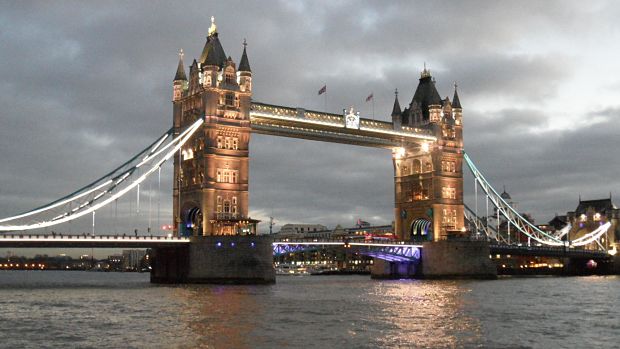Is London the worst place in the UK to die?
UK – The UK is billed as being the best place in the world to die, but the picture in the capital is far less rosy than national statistics suggest.
“We had an 87-year-old lady who lived alone, with end-stage respiratory issues. During our support worker’s visits she confided she’d had a child in the 1940s, who had been put up for adoption. Her dying wish was to make peace with this child. It put us on a bit of a mission. They tracked the daughter down to Canada and she made the decision to fly over. We were all present and it was one of the most moving things I have ever seen in my life. She passed away about two weeks after that but all she kept saying was ‘Now I am ready. I am ready to go’.”
We heard this story recently from Age UK at the London Assembly health committee meeting on end-of-life care. To me, it highlights the compassion and commitment the best care workers have, who go above and beyond the call of duty to meet the needs of dying people.
But for every positive story like this one, there are too many people whose final days are filled with fear or pain, social isolation or loss of identity.
The Economist Intelligence Unit recently announced that the UK was the best place in the world to die. But the picture in London is far less rosy than the national statistics suggest.
London is falling behind in the standards of care that people elsewhere in the UK can expect to receive. Shockingly, 70% of London hospitals cannot provide seven-day-a-week services for people who are dying, according to a report joint-authored by London Cancer Alliance, PallE8 and Marie Curie. Prioritisation and investment in end of life care is “significantly worse” in London than the rest of the country, with fewer than half of borough health and wellbeing boards in the capital including end-of-life care in their strategic planning.
With London’s population booming and the debate firmly centred on the pressures of housing, are we just forgetting about those who are reaching the ends of their lives?
Although 63% of Londoners say they want to die at home, only 37% actually do – the lowest proportion for any region in the country.
Bereaved Londoners consistently rate the care received by their loved ones up to 10 % worse than elsewhere in the country. And if you live alone, come from an ethnic minority, or are dying from an illness other than cancer, the chances of you getting the death you want are further diminished.
If death is the great leveller, why is there such inequity when it comes to dying well?
We very much embrace and carefully plan for the beginning of life. So why do we prepare so little for our deaths? We need to talk freely and openly about death, in order to try and ensure people have the best death possible.
That is why the London Assembly health committee is investigating this important issue and we are keen to hear from anybody with views on this.
Some familiar themes have already emerged – a lack of sustained focus on end of life care, under-resourced services that struggle to meet the individual wishes of patients, and the need to encourage people to think more about their own wishes for the end of their life.
Increasingly stretched budgets across health and social care undermine efforts to ensure that the most vulnerable can access the services they need.
How we care for people at the end of life is a measure of the compassion of our society. It is vital that here in London we take up the challenge of making quality of death, as well as quality of life, the very best that it can be.


Leave a Comment
You must be logged in to post a comment.